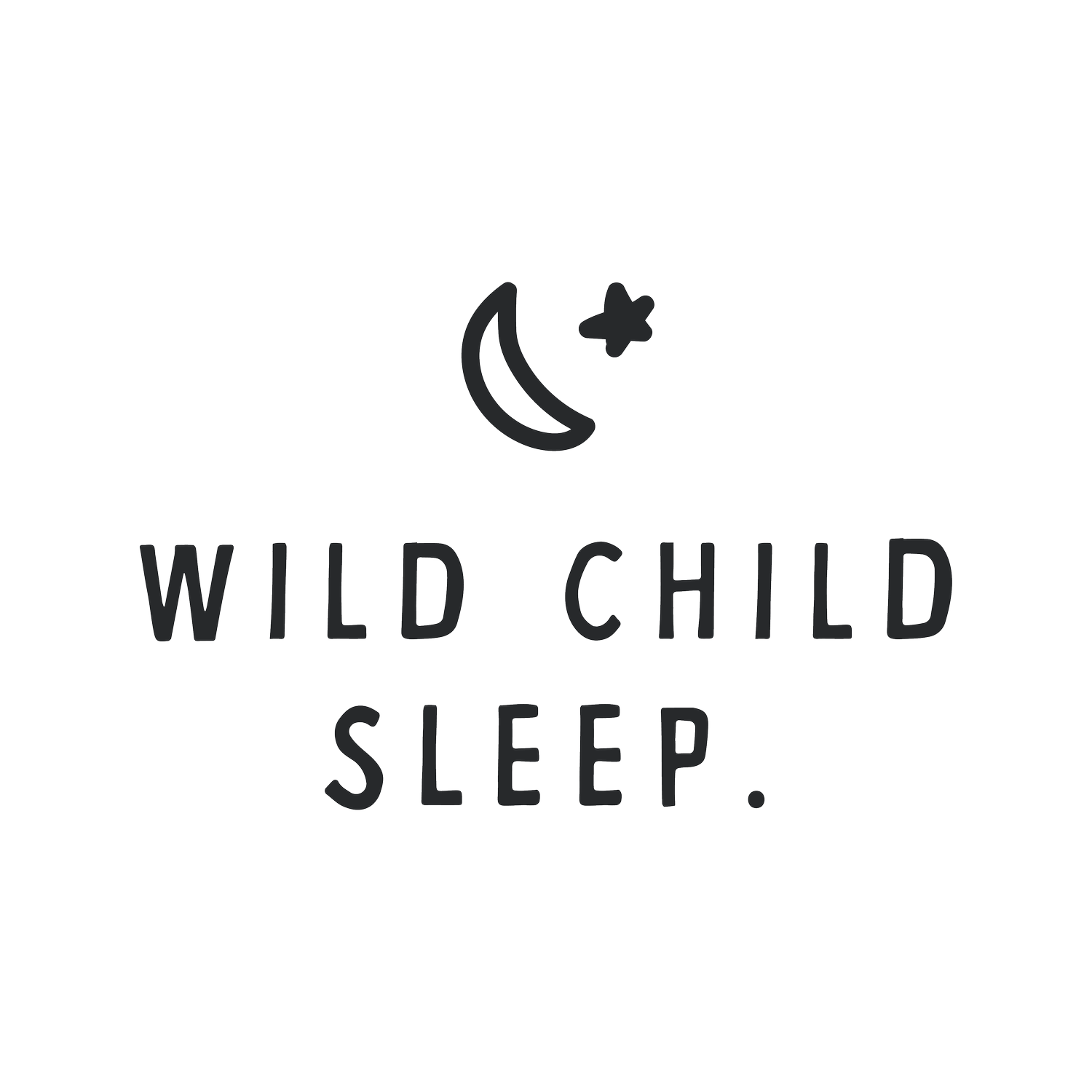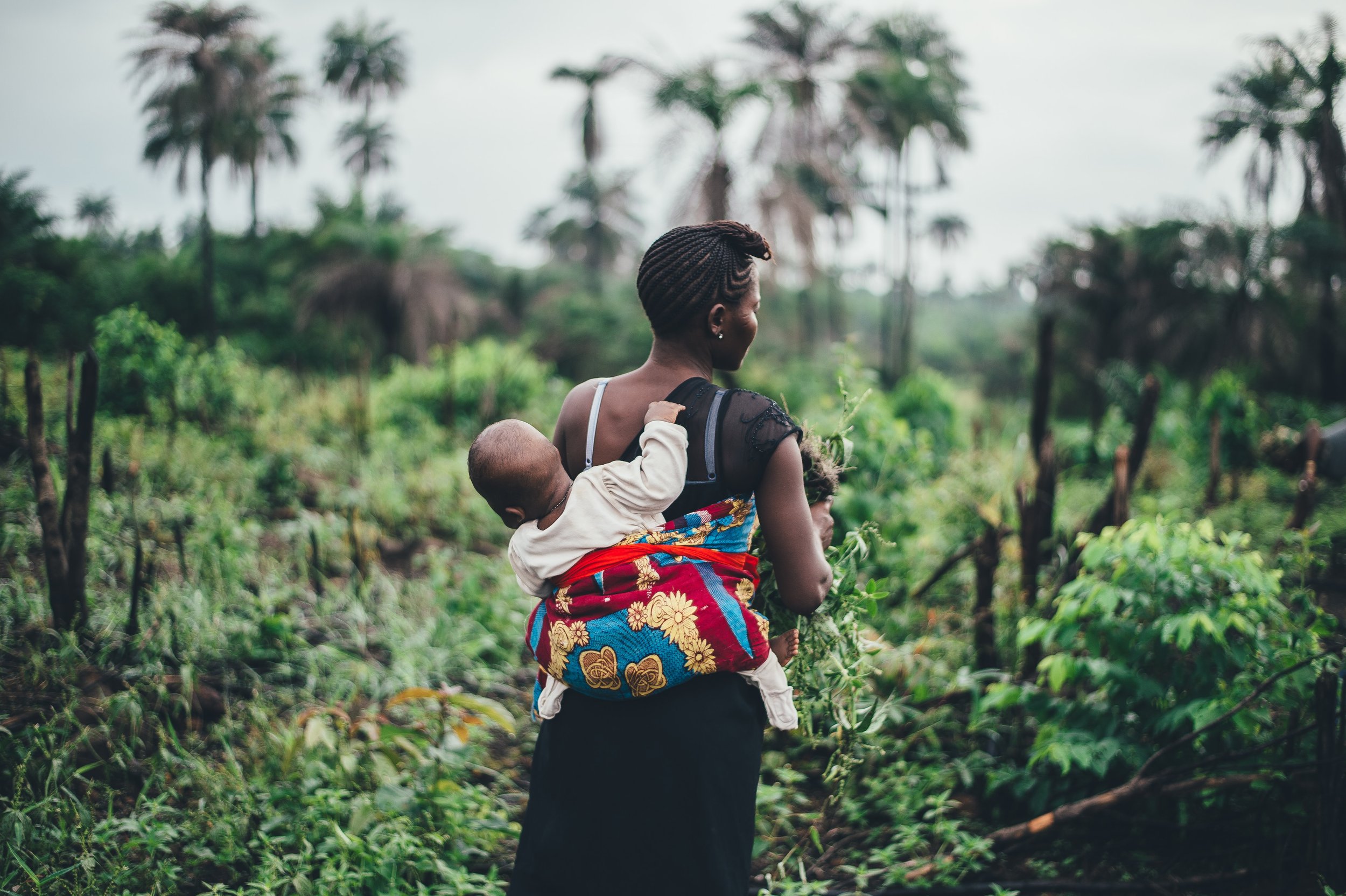How One Mom Came to Terms with Her Baby’s Need for Contact to Sleep
When I first brought my daughter home from the hospital I thought newborn sleep was easy. I thought we just put her down in the bassinet and she would practically sleep 24/7. Well. I was in for quite a surprise.
Once we were settled and she was asleep I went to place her in the bassinet. She woke up before I even took my hands away. I soothed her to sleep and tried again. Same thing. It was during the day, so I didn’t think much of it. My partner and I took turns holding her throughout the day.
Then, we were ready for bed. Still, she would not sleep in the bassinet. Not even for a minute. Not with a swaddle, not with white noise, not from a deep sleep. Not. At. All.
At this point I was getting concerned. All of the nurses and doctors warned me not to bedshare. I didn’t even want to bedshare. But we needed sleep. So, my partner stayed up holding her for the first half of the night, then we switched. For almost two months we slept in shifts. One partner holding my daughter and staying awake while the other slept.
On the one hand, I absolutely loved holding my daughter. She was still all curled up like she was in the womb and fit perfectly on abdomen where she had spent the past 10 months. We spent hours and hours chest to chest studying each other and getting to know each. On the other hand, my partner and I were more than exhausted. Something had to change.
Around this time I began learning about the neuroscience and biology of infant sleep. I learned about the white men who convinced our Western society that babies should be independent, should not be held in laps, and that there is no need for them to breastfeed at night after regaining their birth weight (I’m calling you out Luther Emmett Holt and John Watson). I learned how there is very little science behind mainstream infant sleep advice.
I also learned the importance of unrestricted physical connection and comfort for newborns. That the infant brain requires coregulation with a caregiver when they are in a state of stress. I studied other cultures who babywear, bedshare, and provide unconditional caregiving to their babies and toddlers. I discovered that there are gentle ways to improve sleep and make parent-led changes without sleep training.
Most importantly, I gained the tools and confidence I needed to continue responding to my baby the way I wanted to, address red flags that had become apparent, and make gentle changes to my baby’s sleep.
At this point my daughter was around 4-5 months old. We’d passed the stage where The Witching Hour is common, we’d passed the 4-5 month sleep progression… but The Witching Hour was still occurring daily. She covered head to toe in eczema that didn’t respond to topical treatment, spit up frequently, had constant mucousy stools, and was obviously in discomfort. After many attempts at reaching our pediatrician, I brought my daughter in for her 6 month checkup. Finally, she referred my daughter to an allergist.
I’ll save you the long story, but many appointments, tests, and hours spent seeking educational resources later we only recently eliminated food allergens from her diet. She’ll be two years old next month. Each time we discovered an allergen her sleep and willingness to sleep independently improved.
Once I understood my baby’s need for connection the stress and anxiety melted away. Babywearing and contact naps became the norm. We even changed our sleep setup to allow for safe bedsharing following Dr. James McKenna’s safe sleep guidelines. I have no intention to stop contact napping or bedsharing until my baby is ready.
I even began practicing the ninja roll away from my daughter during her naps (yes, even us gentle mamas need a break sometimes!). This took weeks of practice before it was successful. In time, she slept for about 15 minutes after I rolled away. For me, that was plenty of time to jump in the shower, start prepping dinner, or just sit in silence.
So, what changed? What caused me to go from exhaustion and frustration to empowered and confident? Knowledge. Knowledge that my baby and I were normal. Knowledge that she was getting the sleep she needed. The knowledge of tools to improve sleep.
When I felt ready, I began spreading this knowledge with other parents. Sharing my story and hearing yours helps me feel less alone. I hope it helps you know that you are not alone, too.
I strongly believe that money should not be a barrier to parenting in such a way that is aligned with your values. That’s why you’ll find tons of free information in my blog, in my freebies, and on my instagram page. If you need more support, I offer various sleep support packages for a fee.
Did you find this blog post helpful? Share it on pinterest so more parent friends can find it!





